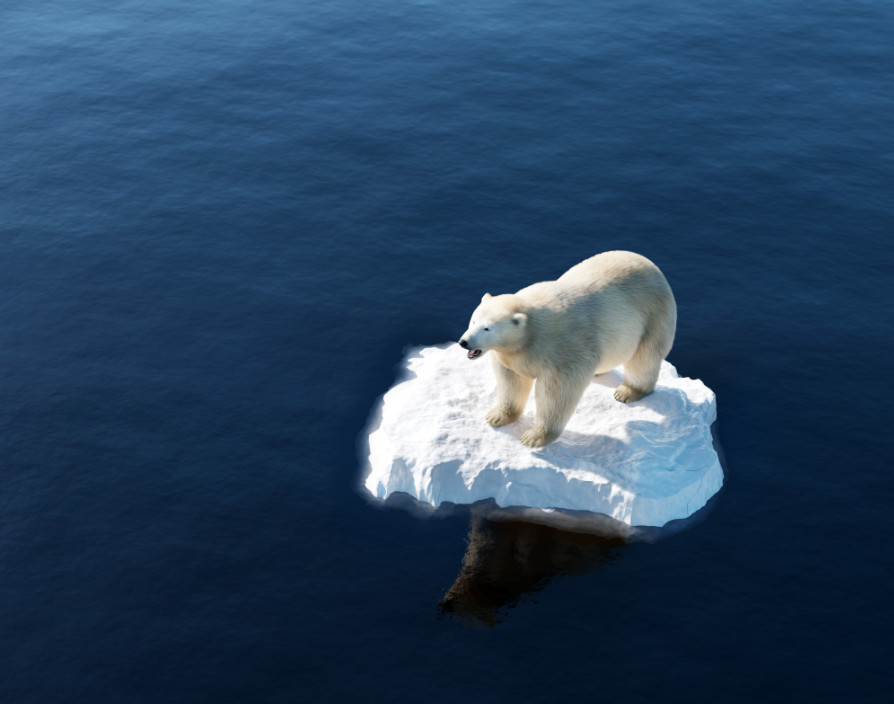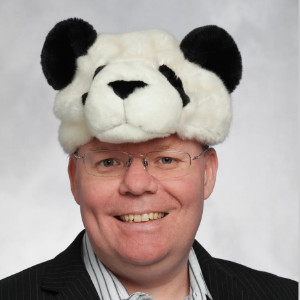Chris Forbes, co-owner of The Cheeky Panda, discusses the urgent need to invest in ‘green businesses.’
When the world’s leading climate scientists recently issued a stark ‘code red’ warning, regarding the deepening climate emergency, they certainly didn’t mince their words. They said the impact of what was happening to our planet, because of man-made behaviour, was likely to be irreversible.
Brazil, Australia and Greece have all endured catastrophic fires during the past couple of years, while European nations such as Germany and Belgium experienced disastrous floods earlier this summer, highlighting what can happen if two months of rain falls in less than 90 minutes.
When Spain suffered flash floods in 2019, not only did 3,500 people have to be evacuated, but tonnes of fresh farm produce (including lettuces, cucumbers and tomatoes) were completely ruined. This affected many of our supermarkets for a number of months.
The world has a huge population and we have stretched our resources thinly, so if something unexpected occurs, it can seriously affect supply chains all the way down the line. And despite scientists providing a lead on these issues, very little is being done about this crisis in Government circles.
Yet this is where consumer power and entrepreneurs step in. Although individuals are limited by what they can do on their own to alleviate this problem, they can still form pressure groups and business communities to try and make a real tangible difference.
For example, over the past few years, ‘zero waste shops’ have grown in popularity. A ‘zero waste store’ sells food products in bulk quantities, either in reusable, recyclable or returnable packaging. It reduces waste and limits the impact on the environment. In 2016 there were hardly any ‘zero waste shops’ in circulation, but now there are over 2,000 of them.
And then there is the rise of what we call Certified B Corps. This is a new kind of business which balances purpose and profit. B Corps are legally required to consider the impact that their decisions are having on their workers, customers, suppliers, community and the environment. They operate in a socially responsible manner. These include: The Body Shop, JoJo Maman Bebe, Innocent drinks and Abel & Cole.
My own company, The Cheeky Panda, was founded in 2016 and by the end of the following year we had become carbon neutral. We have calculated that those people who use our products have prevented 250,000 trees from being chopped down, while reducing plastic consumption by almost 10 tonnes. Our carbon reduction has now passed 31,000 tonnes.
The company has grown from a share price of £4.23 in 2017, to £50 today, and it’s been backed by over 4,000 individual investors through crowdfunding. A large majority of these people preferred to put their money into a business they trust and support, for environmental reasons, rather than into a pension fund that has a portfolio of companies whose financial behaviour may not sit comfortably with an individual’s opinions and interests.
By 2025, it has been estimated that one-third of all global investment money will be supporting ESG businesses. ESG stands for Environmental, Social and Governance (sustainability), and funds in these companies will have reached $40 trillion within the next four years. This proves that not only do consumers want a green economy, but the money needed to support this vital transition is also there.
This democratisation of financial markets ‘ from retail investors into the green economy ‘ is great news and will take its position in history, alongside America’s gold and mineral rush of the 19th century, the oil boom of the early 20th century, and more recently the sudden growth in tech companies.
Perhaps this urgent need to combat climate change will be viewed as the most important period of the past few centuries, as it won’t be just our finances that suffer if things go badly wrong with the planet.
To make certain our future remains healthy we need more consumers buying products without plastic packaging. The human race needs to adopt a more flexitarian diet, as well as encouraging investment in green energy. And it requires a mass exodus of investment in the brown economy and into ESG businesses. At the end of the day, if we fail to take these important measures soon we will be failing future generations. And globally, we can’t wait any longer to make these changes.
The Cheeky Panda is an eco-friendly bamboo household goods company. Chris Forbes founded The Cheeky Panda with wife Julie in 2016, after witnessing bamboo being harvested while on holiday in China. They have built a business that’s now valued at over £75m and is trading in more than 25 countries. The company has made it into the Sunday Times Fast Track 100 list and, for the past three years, been among the UK’s top 100 start-ups. This is the sixth monthly feature written by Chris for Elite Business, providing tips for small business owners and budding entrepreneurs.
“
Share via:








































